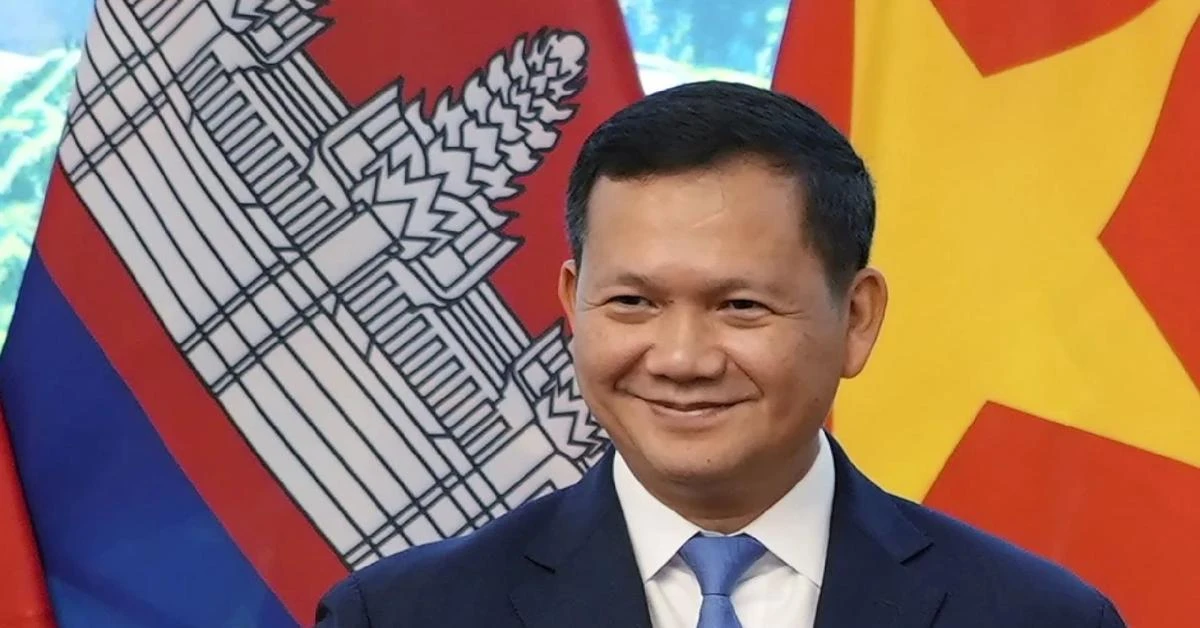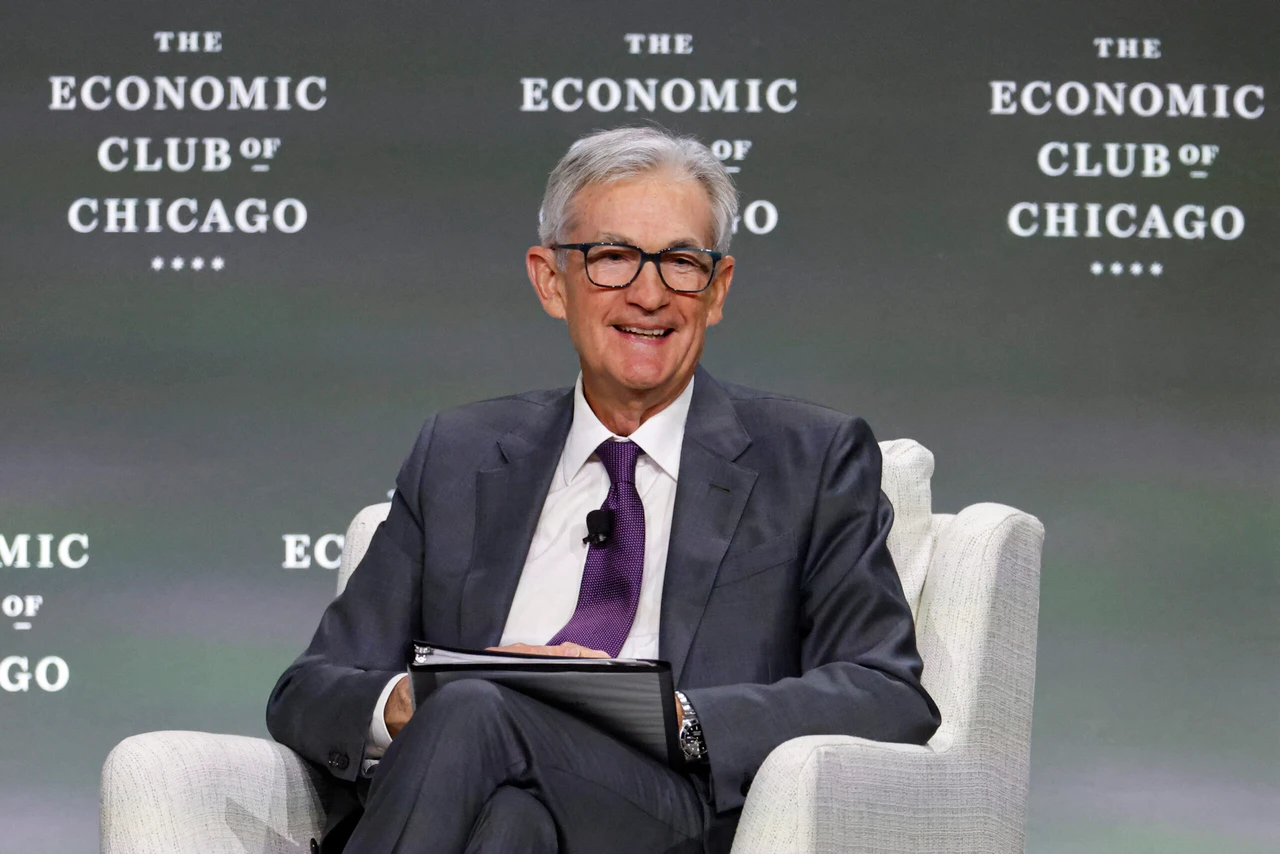Cambodia’s new PM gets approval to appoint younger brother as deputy

New prime minister of Cambodia, the eldest son of the long-standing authoritarian leader, received legislative approval on Wednesday for his youngest sibling to become the deputy prime minister
Six months after becoming Cambodia’s prime minister, the eldest son of the country’s long-serving autocratic leader secured legislative endorsement on Wednesday for his youngest sibling to assume the role of deputy premier.
This progression marks the most recent shift in leadership dynamics within the upper echelons of the Southeast Asian state, consolidating governance control under a select group of familial ties affiliated with the ruling Cambodian People’s Party.
In August of the previous year, Hun Manet, aged 46 and the offspring of the longstanding leader Hun Sen, as well as the military commander of Cambodia, assumed the mantle of prime minister after a gradual increase in his involvement in international diplomacy in recent years. His father relinquished power after a tenure spanning 38 years.
Hun Manet’s educational background includes studies at the U.S. Military Academy at West Point, followed by roles as the deputy commander-in-chief of the Royal Cambodian Armed Forces and the chief of the army.
On Wednesday, the National Assembly overwhelmingly supported the appointment of Hun Many, the 41-year-old brother of Hun Sen, as deputy prime minister. With all but five members of the 125-seat chamber belonging to the ruling party, the 120 lawmakers present at the session voted unanimously in favor of Hun Many.
Addressing the legislators, Hun Manet stated that his brother’s selection aligns with the government’s objective of enhancing efficiency to assist Cambodia in achieving its aim of becoming a high-income nation by 2050.
While assuming the role of deputy prime minister, Hun Many will also maintain his positions as civil service minister and lawmaker.
Hun Manith, the middle brother at 42 years old, holds the rank of a three-star army general and serves as the head of the Defense Ministry’s intelligence department.
Hun Manet’s administration comprises approximately three-quarters of new appointees for his father’s ministers, many of whom are children or relatives of their predecessors. Observers have advised against anticipating substantial transformations in Cambodia, where human rights have long been under pressure and dissent has been suppressed under Hun Sen’s rule.
Astrid Noren-Nilsson, a Cambodia specialist at Lund University in Sweden, remarked that there is little disparity in political perspectives across generations, particularly regarding the openness and competitiveness of politics, following Hun Manet’s assumption of authority last year.
She further noted that the generational transfer of power was devised to preserve the influence of the political and business elite.
Source: AP



